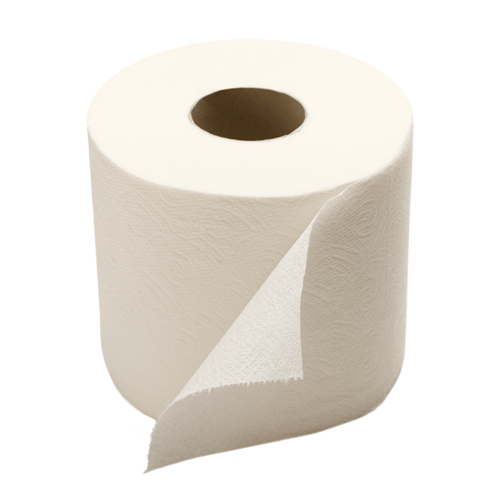Diarrhea is a common symptom, and let's be honest, an unpleasant one. Find out how to remedy the problem as quickly as possible.
Who hasn't experienced the discomfort of diarrhea? In addition to forcing us to make unpleasant trips to the bathroom, it can also stop us from going about our daily routine; not to mention the embarrassment it can cause.
Clearly, diarrhea is unpleasant, and even more so when it strikes babies and young children. For babies, dehydration can occur more quickly (sometimes in a single day) and the consequences can be very serious.
Diarrhea can be due to a variety of causes such as a virus (like gastroenteritis), bacteria such as Clostridium difficile, drugs (antibiotics, etc.), illness, such as Crohn’s disease, food poisoning, stress and so on. Regardless of the cause, there are ways to help your intestines return to normal.
Here are a few useful tips if you or your child are suffering from diarrhea:
1
Temporarily change your diet.
Avoid things that can worsen diarrhea such as tobacco, alcohol or coffee. Try to avoid products that are high in sugar, dairy products, spicy foods, or foods that are rich in fat or dietary fibre. Opt for a bland diet that includes "white foods" like rice and bread. Applesauce and bananas are also recommended.
2
Consider taking an antidiarrheal.
Some over-the-counter medications can act quickly and effectively against diarrhea. If you’re considering taking this type of product, be sure to read the instructions for use as well as the manufacturer’s warnings. Always speak to your pharmacist, who will be able to tell you if a product is right for you or if your condition requires a doctor’s visit.
3
Avoid dehydration.
When diarrhea strikes, it is important to drink plenty of fluids. Avoid drinks that are high in sugar like soft drinks and fruit juices, which can make diarrhea worse. To avoid dehydration, drink electrolyte solutions such as the ones sold at the pharmacy. They are a balanced blend of water, mineral salts, and sugar. They are sold in ready-to-use popsicle or powder sachet formats.
4
Be sure to recognize the signs of dehydration.
If you have the slightest inclination that you or your loved one could be dehydrated, it is important to consult a doctor. It is essential that you are able to identify the early signs of dehydration. For babies or young children, these signs include:
- decreased urination
- absence of tears
- dry skin, mouth or tongue
- sunken eyes
- sunken fontanel (the soft spot on a baby’s head)
For an adult, the signs and symptoms are as follows:
- increased thirst
- dry lips, tongue or mouth
- dull expression and sunken eyes
- the appearance of a skin fold (when the skin is pinched, it is slow to return to its normal state)
- decreased urination
5
Consult your doctor right away.
Diarrhea that won’t go away, and especially dehydration, are medical conditions that should be taken seriously. This is why we recommend that you visit a doctor as soon as you can if you experience the following symptoms:
- severe diarrhea that lasts longer than 48 hours
- signs of dehydration, especially in young children or the elderly
- blood in the stool
- strong abdominal cramps
- a fever of 38.5°C (101.5°F)
- chronic diarrhea
Pharmacist can inform you of the measures to take if diarrhea occurs. Don't hesitate to consult your pharmacist.

